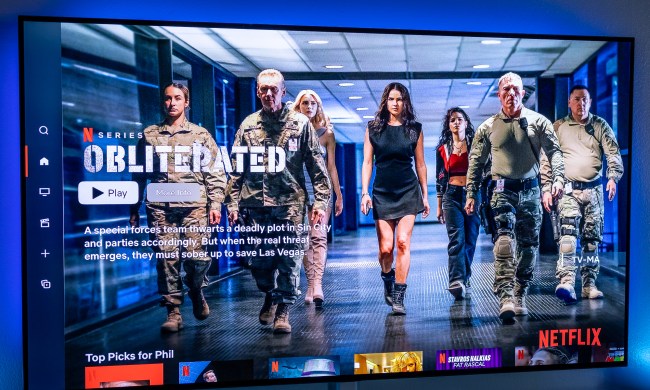
It looks like everyone is getting into the streaming services game. On Monday, April 1, Discovery announced it created a 10-year partnership with the BBC to launch a subscription streaming service focused on the kind of high-quality, nonfiction content that both entities have a history of producing. It will be priced around $5 per month, according to both The Wall Street Journal and Variety, and will launch sometime in 2020.
The new service, which is still unnamed, will feature plenty of the BBC’s back catalog of nature and history shows, along with original programming from BBC Studios in the natural history, travel, science, and other nonfiction categories. Critically, the new service will have the exclusive global on-demand streaming rights to powerhouse BBC franchises like Planet Earth and Blue Planet, with the exception of China and the U.K., once the BBC’s licensing deal with Netflix ends. It will also be the exclusive on-demand outlet for Discovery shows like MythBusters, Deadliest Catch, Unsolved History, and Shark Week.
“The new platform will be the first global direct-to-consumer service with the category’s most iconic IP, including the Planet Earth series, future sequels, and spinoffs to all existing landmark series, and new exclusive natural history and science programming coming in the future,” Discovery CEO and president David Zaslav said in a statement. Zaslav also compared the value and importance of BBC’s nonfiction content catalog to Marvel Studios’ collection of superhero franchises.
The deal, valued at nearly $400 million in revenue for the BBC, is in addition to a separate arrangement in which the BBC will pay Discovery $226 million for part of the content from broadcaster UKTV, which Discovery acquired when it bought Scripps in 2018. BBC Studios will acquire UKTV channels Alibi, Dave, Drama, Eden, Gold, Yesterday, and W as well as the UKTV brand and digital service, UKTV Play, according to TechCrunch. Discovery will retain UKTV’s lifestyle channels including Good Food, Home, and Really.
Discovery’s move into the subscription streaming market is the latest in what has been a non-stop parade of similar announcement from companies like Disney, Apple, and MGM, all of which have launched or intend to launch their own paid services. We’ve observed before that this trend is not necessarily better for everyday TV watchers, as it creates a further fragmentation of content, making it hard for people to assemble an à la carte selection of their favorite shows without paying as much or more than they currently do for cable or satellite.
This doesn’t seem to faze Zaslav, who reportedly has plans for other streaming services, too, which will focus on food, home improvement, golf, and cycling.



